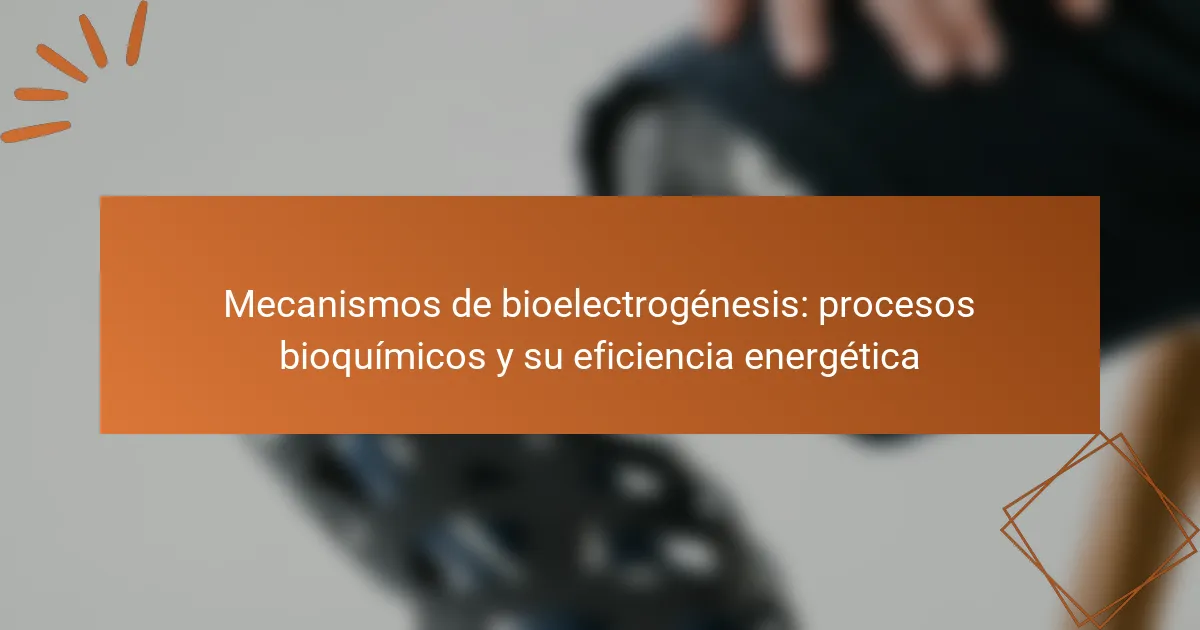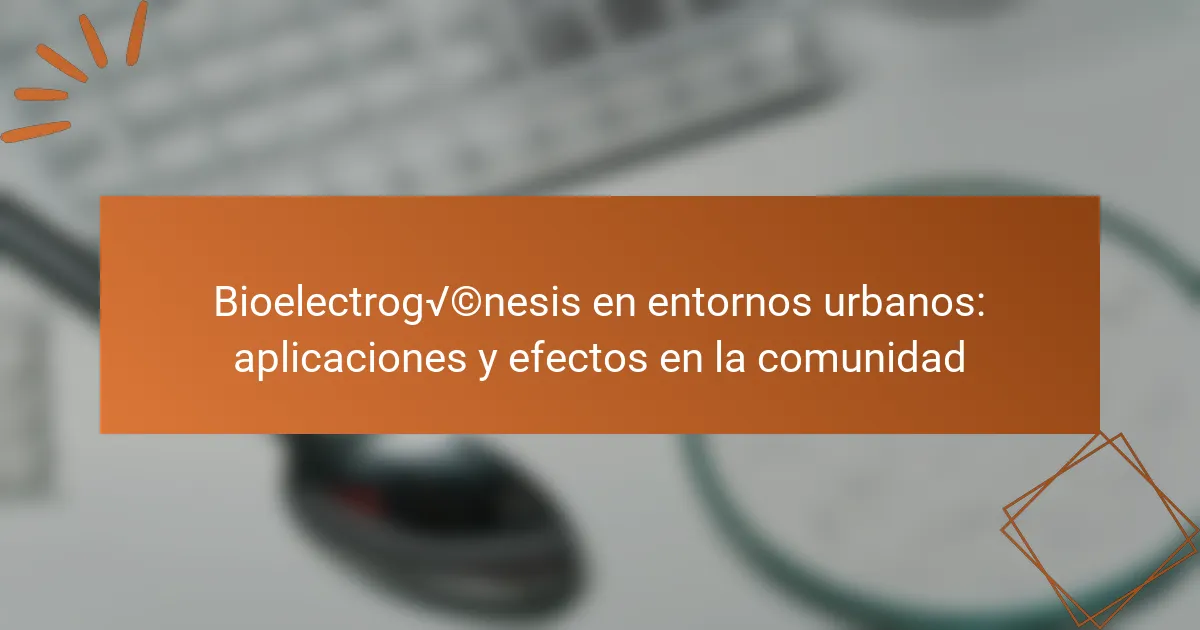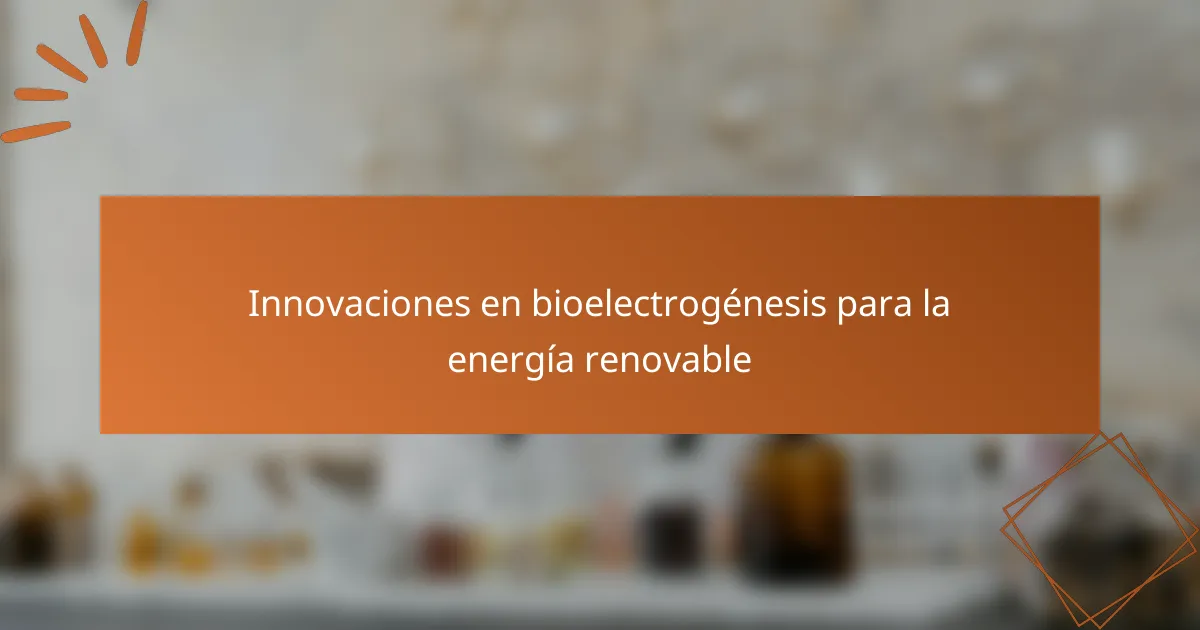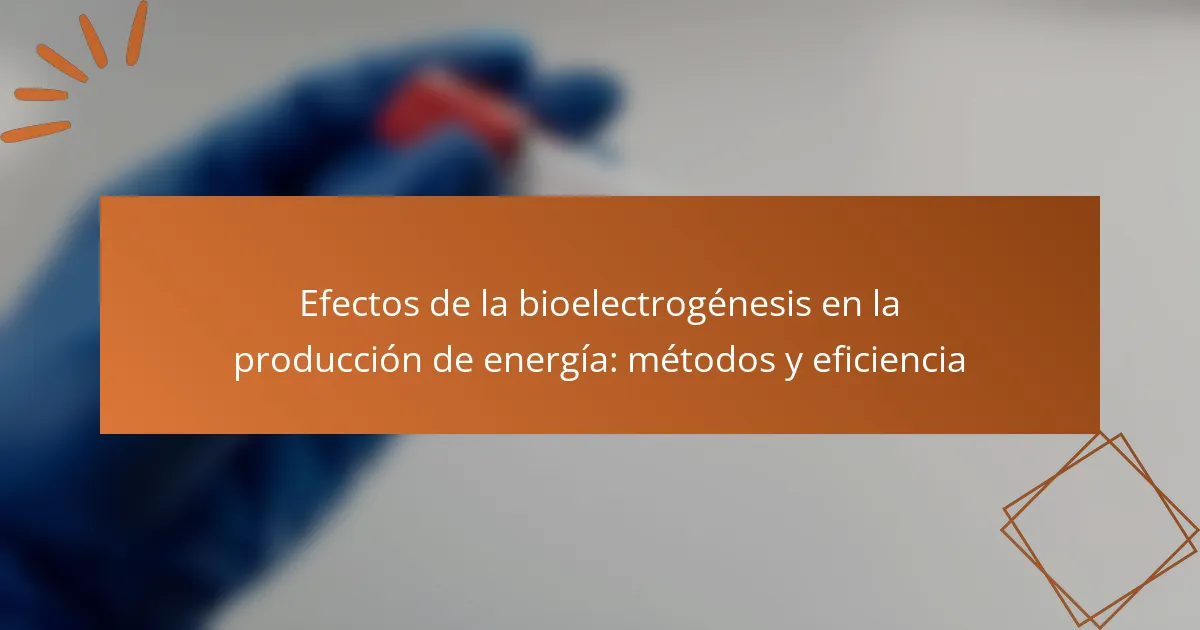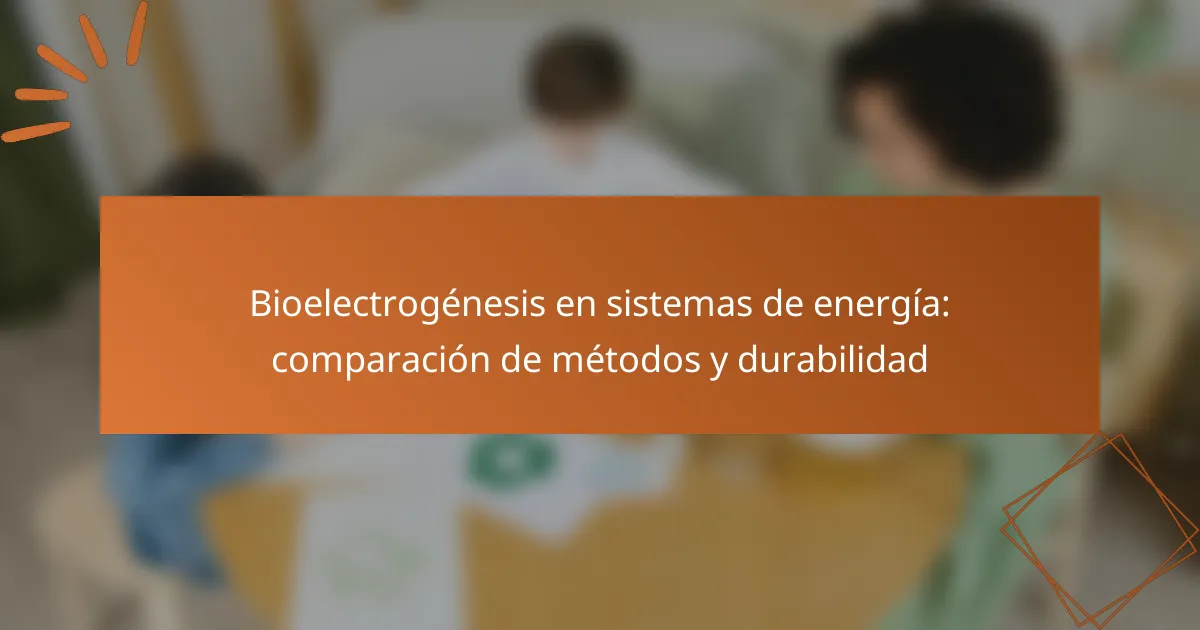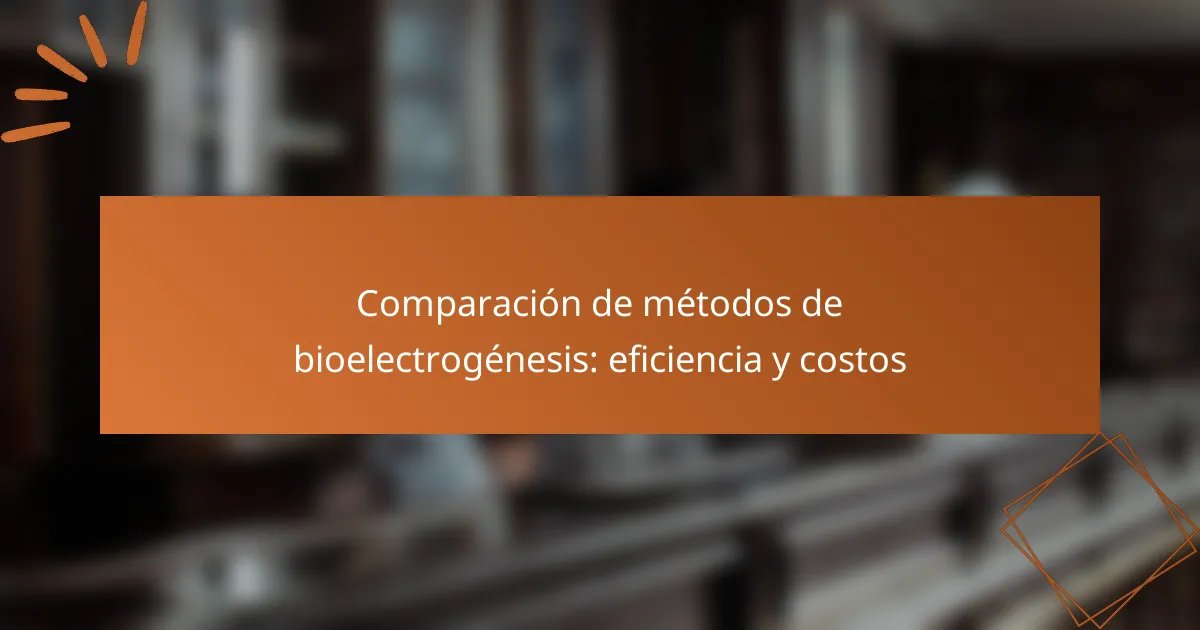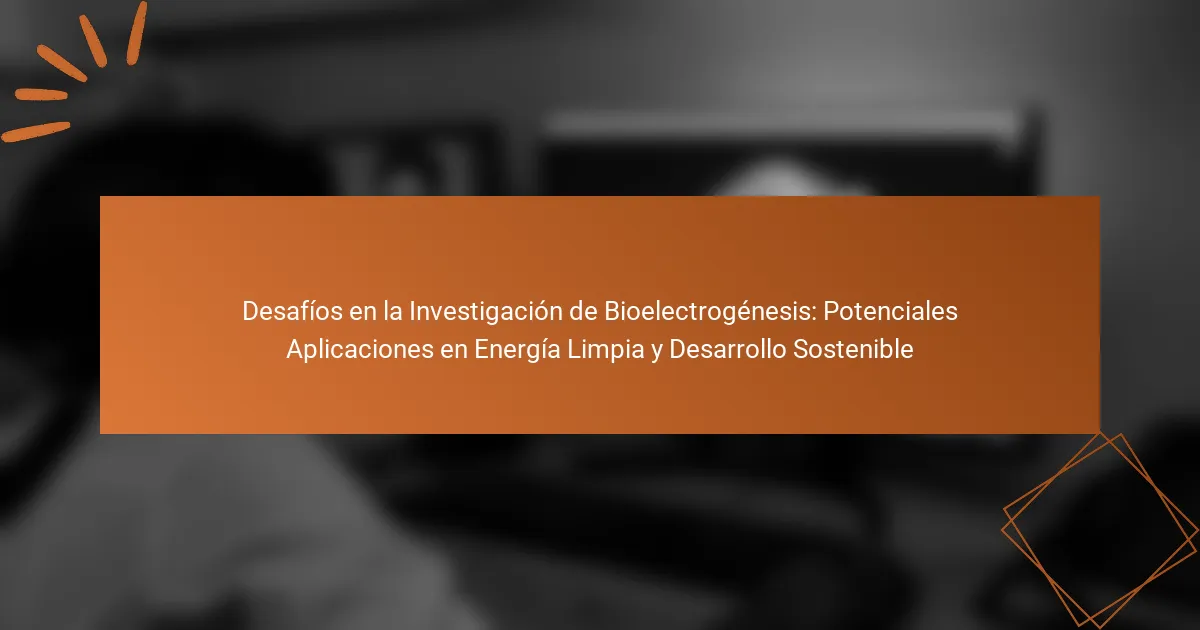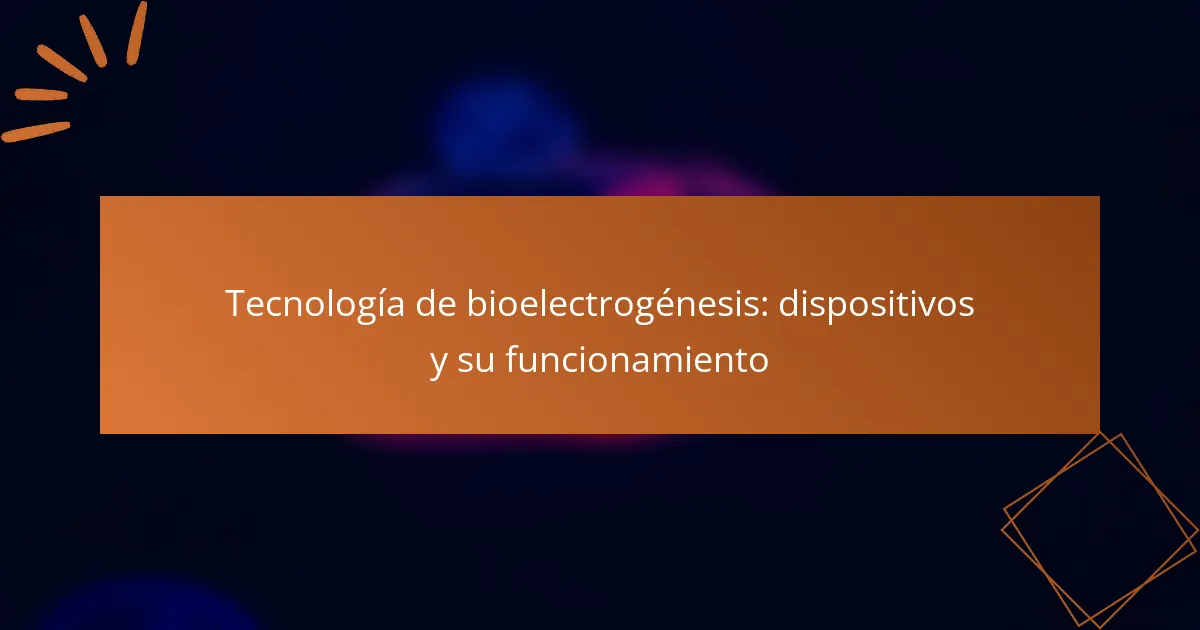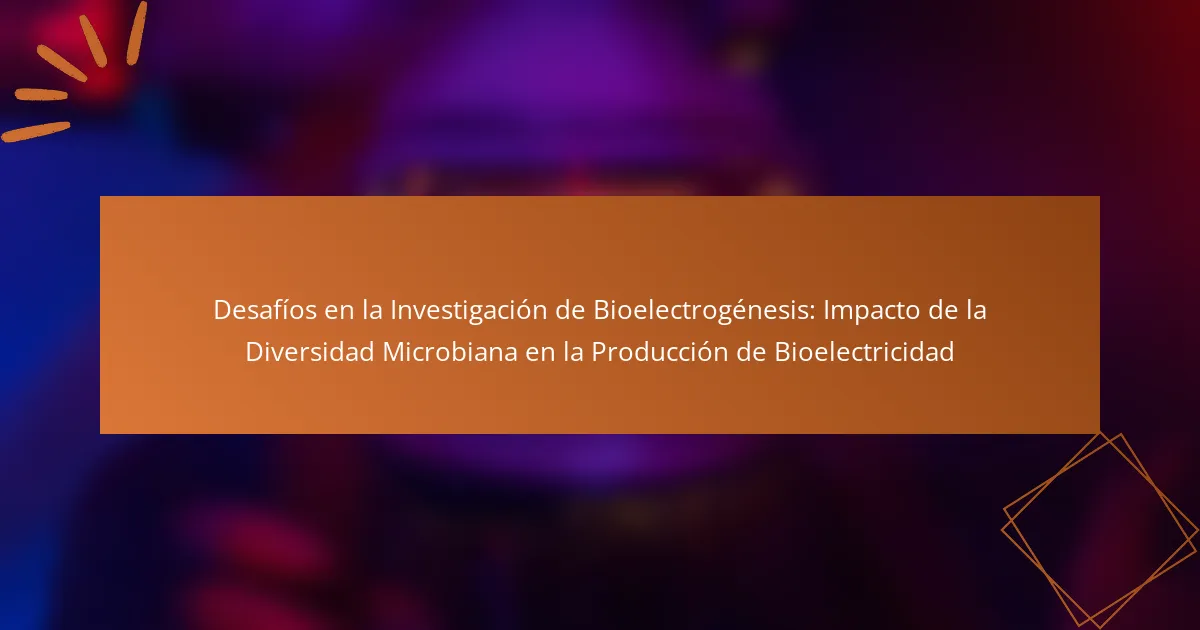
Desafíos en la Investigación de Bioelectrogénesis: Impacto de la Diversidad Microbiana en la Producción de Bioelectricidad
The article focuses on the challenges in bioelectrogénesis research, particularly the impact of microbial diversity on bioelectricity production. It highlights how variations in microbial communities can influence the efficiency of electron transfer and the overall generation of bioelectricity. Key challenges include optimizing conditions for diverse microorganisms, understanding complex interactions between microbes and electrodes, and addressing…
